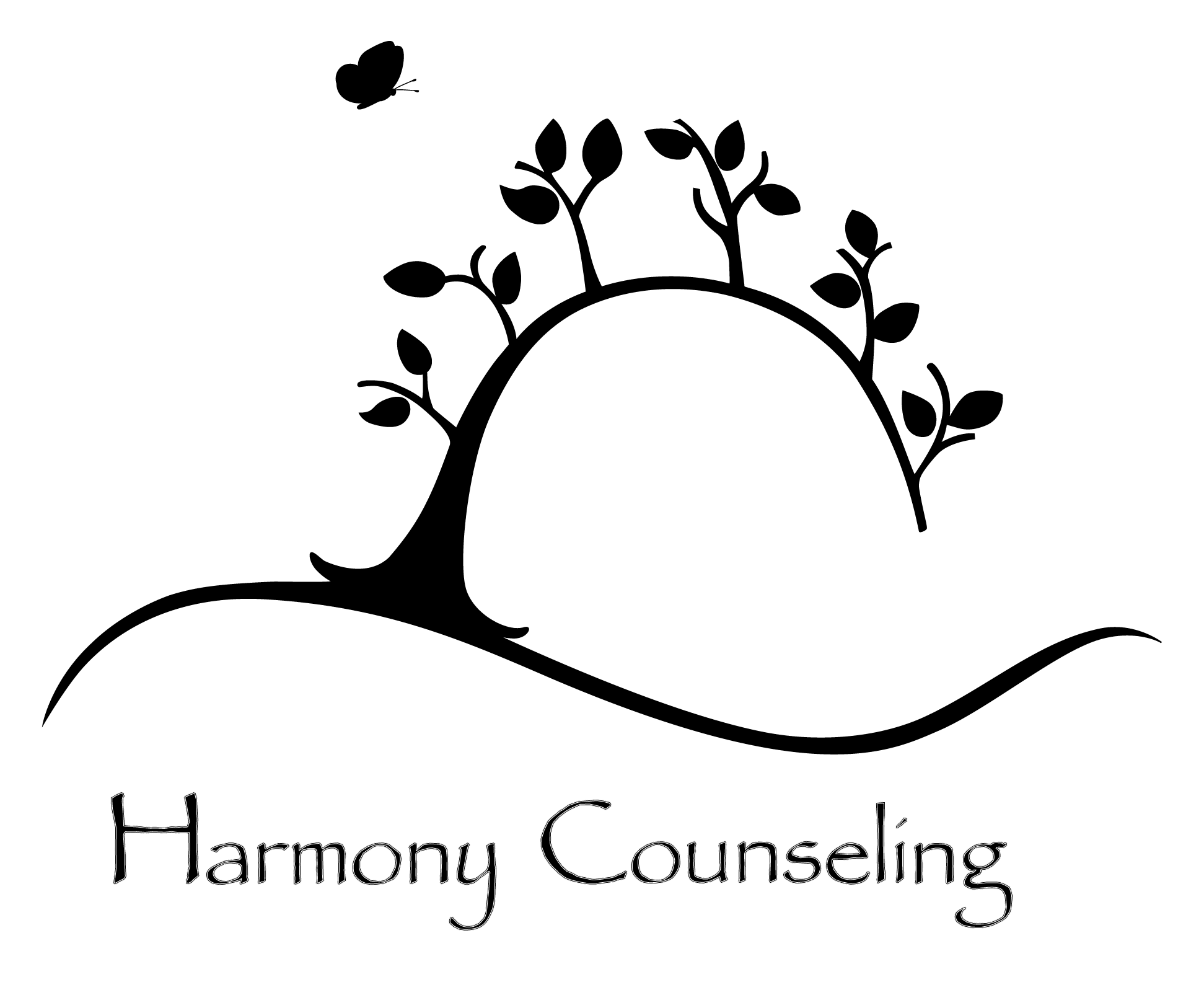
For someone in recovery from alcohol use disorder, this can be very risky and potentially lead to a relapse. “Hidden” triggers are more challenging to identify and, therefore, may strike… Developing positive coping methods can help you manage your emotions and triggers about drinking.
Journey to Happiness: 7 Entertaining Getaways for Fun
With years of experience tasting and evaluating various beers, I love to share my opinions and insights with others and I am always eager to engage in lively discussions about my favorite beverage. If you love dogs and don’t have one, this is a great time to adopt a stray or volunteer to walk dogs at your local shelter. A person dealing with side effects of PAWS actually may look like he’s intoxicated even though he’s been totally abstinent (which explains where the term “dry drunk” may come from). You can’t be of much help to your loved one if you’re burned out and neglecting your own needs. If you don’t enjoy or participate in the same types of activities or hobbies, you can still encourage them to seek out things they enjoy or find new interests. Consider getting involved in activities together, like hiking, volunteering, or even cooking classes.
When the internal issues aren’t worked through, relapse can be inevitable.
Here at Ascendant New York, we understand the importance of having access to accurate medical information you can trust, especially when you or a loved one is suffering from addiction. Alcohol addiction is a disease, but that doesn’t excuse abusive behavior. If your loved one behaves in toxic or aggressive ways, it’s best to talk this over with a therapist and develop a plan to keep yourself safe. It’s equally important to explore the habits and reasons behind your drinking, ideally with a qualified therapist.

How to Deal With a Dry Alcoholic
While the phrase “dry drunk” is controversial, the set of symptoms it refers to are a normal part of recovery for plenty of people and nothing to be ashamed about. Seeking treatment such as cognitive behavioral therapy, or dialectical behavioral therapy, can help you get to the root of your co-occurring disorder. It’s important to be aware that a contributing factor towards dry drunk syndrome may be a co-occurring disorder. A co-occurring disorder is simply something that you may be struggling with parallel to your addiction. Some examples of co-occurring disorders are depression, anxiety, PTSD, and bi-polar disorder.
- To cope with dry drunk syndrome, you can lean on others, find a support group and remain committed to recovery.
- It’s a fundamental point in the right direction toward a new way of living, earning much recognition, support, and respect.
- It’s a tough piece of the puzzle, but the most intense part is determining the cause.
Alexandra works with Admissions and Clinical Departments for scheduling client admissions, transfers, discharges and outside appointments while maintaining positive relationships with all clients. Her primary focus is to provide all clients with a safe, structured environment while coordinating their care. Alexandra understands addiction from both familial and personal standpoints, as she is active in her own recovery. Through her own hard-won experience and deep desire to help others, Alexandra became a certified Peer Support Recovery Coach, Life Coach and actively practices principals learned through the recovery process in her daily life. Alexandra is a mother, a dry drunk syndrome daughter, a sister, a friend and has learned the value of recovery and succeeding in whatever she sets her mind to.
Admitting that you’re struggling and being willing to look inward and face your difficult emotions head-on takes a great deal of strength, but it is the first step towards shifting out of dry drunk syndrome. In order to overcome dry drunk syndrome, you need to have a willingness to acknowledge that there is some sort of emotional baggage or discord happening internally. For many, struggling emotionally can feel like a vulnerability or weakness. It is very possible that you’re facing struggles that you’re in denial of. Many times, people who experience dry drunk syndrome are those who have stopped substance use on their own. As previously stated, many believe that ending substance use is all that it takes to end addiction.
Executive Director, Co-Founder
- It is very possible that you’re facing struggles that you’re in denial of.
- Still, there are things you can do to manage these symptoms and minimize their impact on your life.
- Make sure to nurture yourself and practice patience during times you are feeling hopeless and guilty.
- Deirdre has extensive experience in mental health and treating substance use disorder related issues.
Shannon has a bachelor’s degree from the University of Virginia in Political Science. Prior to entering the substance abuse and mental health field, Shannon was a Corporate Executive for 18 years. Developing new coping skills is an incredibly important part of recovery, and is often a missing link for people who are struggling with dry drunk syndrome. When you were struggling with addiction, you were using drugs or alcohol as a coping mechanism. Although your use took a life of its own, it likely started off alcoholism symptoms as a means of dealing with difficult emotions, trauma, or was a means of escape. Deirdre graduated in 2012 from Pace University and completed her bachelor’s at Columbia University in New York and has her Master of Science in Family Nurse Practitioner.
Client Care Manager
Corey has continued to grow The Freedom Center brand, educate his local community on Substance Use Disorder and become a pillar of the local recovery community. Corey’s mission is to provide quality behavioral health care to local community members who reach out in need, regardless of their financial situation. Outside of The Freedom Center, Corey enjoys playing golf, hiking and most of all being the best father to his three young boys. Alcoholism can deteriorate your mental health, physical health and can easily lead to death. If you or a loved one is suffering from alcohol abuse, we are here to help you.


One thing to remember is that your hobbies or coping methods might not automatically feel enjoyable during your early periods of recovery. This is a remarkable way to re-define relapse because it describes relapse as a process instead of a single event where the individual starts using again. It allows the individual to identify and assess their thoughts and behaviors before they actually use, decreasing their tendency to actually use the substance. These individuals just need to allow someone into their world, and friends and loved ones need to work beyond the person’s poor behavior to find that person they once knew and help them. These individuals either have minimal therapy or don’t engage in therapeutic treatment at all. Plus, focus on the activities you are engaging in and find new hobbies and interests to occupy your time and keep your mind busy.
